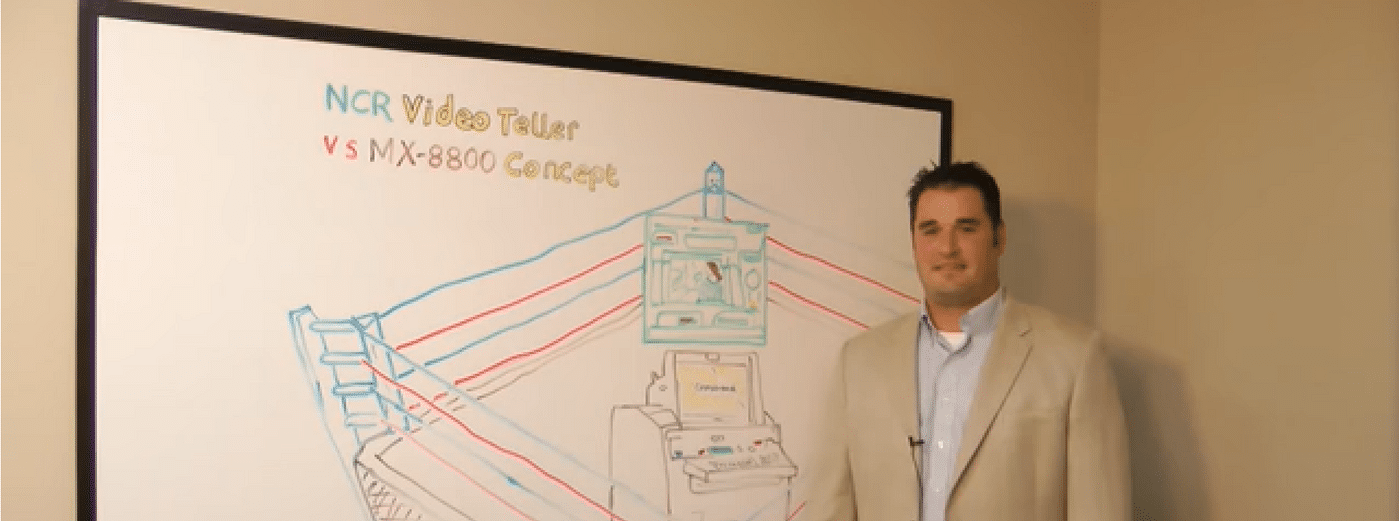What Is The Price Of Status Quo In The Financial Industry?
Consumer Behavior Post-COVID Consumer behavior has dramatically changed in the past few weeks and I don’t have to look far to witness real world...


By: Nate Sapoch
13-14 I am not trying to relieve others by putting a burden on you; but since you have plenty at this time, it is only fair that you should help those who are in need. Then, when you are in need and they have plenty, they will help you. In this way, both are treated equally. In 15A the scripture says, "The one who gathered much did not have too much, and the one who gathered little did not have too little."
-2 Corinthians 8:14 (GNB)
Nothing is wrong with a little healthy competition when it comes to business, but cooperation proves more times than not, to be the best way to success. Just look at the technology boom, open source data sharing rocketed the industry allowing it to grow by leaps and bounds rather than the tiny baby steps we see in some other industries. So why does this "Top Dog" mentality perverse our thoughts and actions in business? From a biblical perspective, an attitude of abundance is encouraged if not commanded by our teacher. Does our Father in Heaven not promise us, "more than we could ask or imagine?"
75% of new businesses fail within their first three years. The blame game usually points to a lack of working capital but could it be that the survival of the fittest rule has made businesses think in such a way that steers them into business failure. The "Top Dog" mentality states that in order to get to or remain on top, you need to do everything you can to be the top player in your field, even if it means un-honorably destroying your opponents. Does this sound like something a business should commit to that is trying to honor God? Competitiveness can be healthy at times but even in sports there is a clear distinction between healthy competition and unsportsmanlike conduct. I believe this mentality can become a major pitfall when talking about the advancement of an industry.
When looking for a biblical perspective on this, I was reminded of the parable of the Master and his talents. The Master gave each servant the capital he thought they needed to be successful. Two of the servants did not go invest with an attitude of scarcity trying to beat out the other servant, but instead with their eyes, focused on what they thought would please the Master upon His return. They were all working for the same person and trying to achieve the same goal. Pleasing the Master, the third servant hid his talents not willing to share, invest or ask for help. What he had was then given to the two servants that were faithful. Swim or Drown: Business and Life Lessons that I've Learned from the Ocean is a book written by Warren Cassell Jr. He was 14 years old when he became a business, owner. He explains this survival of the fittest practice is a pitfall. He says the position of "Top Player" is merely an illusion and its definition is impossible to determine because we all offer our unique features and strengths.
"In the truest sense, being a survivor in the business world means having the ability to cooperate directly or indirectly with other business models, sift and run your business based on available economic resources and think of effective communication strategies to make your consumers notice you. In short, the innate ability to see the business landscape with a fresh perspective, not with the ferocious vision of crushing anyone who crosses your path."
-Warren Cassell, Jr.
"In a business structure, businesses forge partnerships to raise awareness among consumers, tapping each other's potential and maximizing it to the fullest. Coordination within the competition is called unity in diversity. By focusing on cooperation instead of competition, we keep the ecology of the business world diverse and healthy. There's no need for anyone to claim a generalized top position. We have to work together to make the system function."
-Warren Cassell, Jr.
What a blessing it is to be part of a company that exemplifies what it means to work together as a team. Just imagine what could be accomplished if we extended that idea out to the rest of the industry.
.png)
Consumer Behavior Post-COVID Consumer behavior has dramatically changed in the past few weeks and I don’t have to look far to witness real world...

White Board Video: Episode 6 - NCR vs MX-8800 As more Financial Institutions looks to consider video as a model to serve customers better, we...

Automation Avenue Episode 003 - Large Commercial Deposits In this episode we talk about large commercial deposits and customer service and what that...